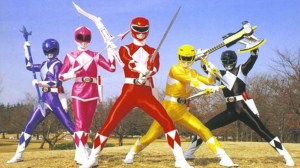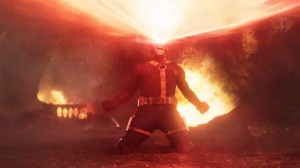Alien: Romulus is now in theaters, and has seemingly reinvigorated interest in the Alien movie franchise, earning over $100 million worldwide on opening weekend. That said, not every fan has loved Alien: Romulus, with the biggest general criticisms being that director Fede Álvarez’s film relies too heavily on nostalgia, while some even argue that it fails to meet the level of actual horror that so many other Alien movies have.
Videos by ComicBook.com
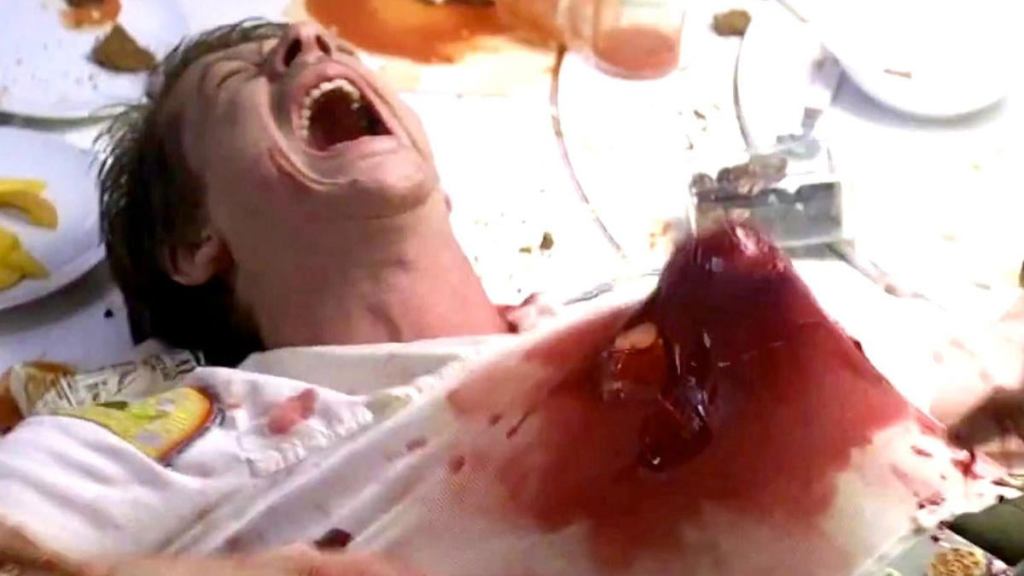
Every viewer will have their own reaction to Alien: Romulus, but here we’re debating a different point. As the first Alien movie released since 1997 that’s not directed by Ridley Scott (excluding the AvP crossover films), Alien: Romulus is a pretty compelling bit of evidence that only Sir Ridley Scott truly understands (and can continue) the unique sci-fi/horror franchise he started.
There are many sci-fi stories about terrible alien creatures from other worlds, but the Alien franchise is distinctly different from the rest. Alien (1979) was a nightmare about the creation of life gone wrong – with nature’s “perfect organism” being the equally nightmarish Xenomorph creature. However, when Scott passed on doing sequels to Alien, and the franchise was passed into other directorial hands (like James Cameron and David Fincher), the concept of a xenomorph became the “Xenomorph,” with Cameron locking in the idea that the nightmarish aliens were an entire species that followed bee-hive style traits (a queen commanding drones, building of a hive, etc.). Later films like Fincher’s Alien 3 or Alien: Resurrection tried to play with the idea that the Xenomorphs could achieve mutated forms based on the host (a Dog Xenomorph, a hybrid human-Xenomorph), but those films still leaned into the idea of featuring just one kind of monster.
When Ridley Scott finally re-took the reigns of the Alien franchise in the 2010s, fans deeply ingrained in the iconography of the Xenomorphs being the franchise mascots. That’s probably why it was so jarring for fans when Scott’s Prometheus was released: Prometheus reframed the entire idea of the Alien mythos, with its expansive prequel story about the ancient race of humanoid aliens called The Engineers, and the deadly bio-weapon they developed to both annihilate worlds and spark random biological mutations that could foster new life. It frustrated many longtime Alien fans that the film was not a direct prequel to Scott’s original; by the end of Prometheus Scott gives a head nod to fans about how the Engineers’ bio-weapon fluid can create the sort of horrific mutations that could result in something like Xenomorph creature of Alien (1979), without spelling out the exact details of how an Engineer ship suffered an outbreak of xenomorphs and crashed on LV-426 (where Ellen Ripley’s crew would inevitably find it).
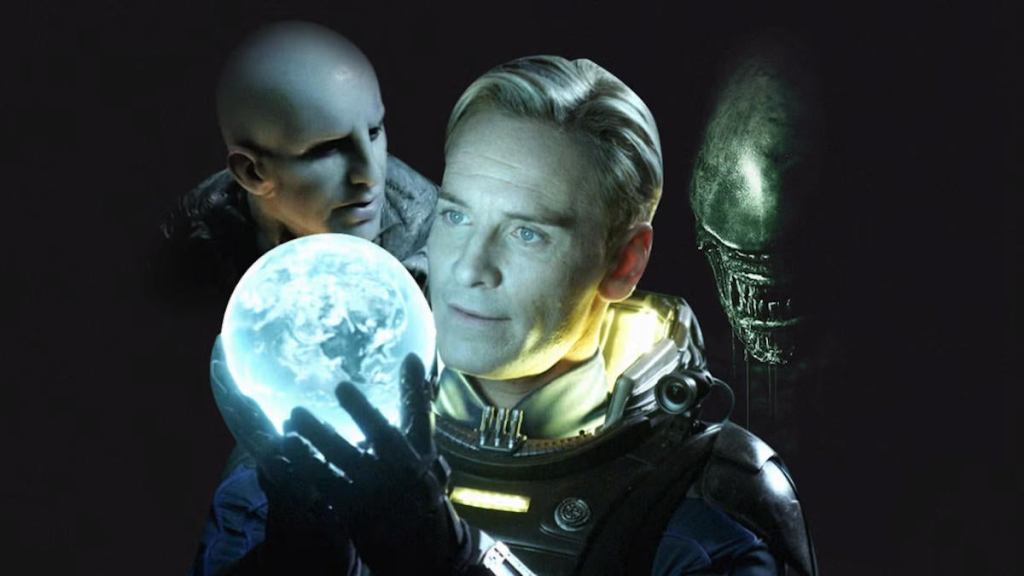
Scott’s sequel to Prometheus, Alien: Covenant, gave us more gap-filling backstory of how the rogue synthetic David (Michael Fassbender) annihilates the Engineers and uses their planet as a lab, where he bio-engineers the first Facehuggers (going through many xenomorph variations to get there). Again, Alien: Covenant ended with just enough for fans (or an additional film) to fill in the backstory of Alien (1979), while still expanding the Alien Universe to include unlimited variations on the mutational horrors that could be created, as well as the interplay between man, nature, and machines (synthetics), and all the heavy-handed spiritual implications of that theme. The same can be said of subtextual themes in Scott’s Alien films about gender: Prometheus, Alien: Covenant, and Alien (1979) are all built around strong and highly educated female protagonists – Elizabeth Shaw (Noomi Rapace), Daniels (Katherine Waterston), Ellen Ripley (Sigourney Weaver) – who must battle against not only the xenomorphs but also skeptical crewmates and/or traitorous synthetics (Ash, David), as well as the ravenous capitalist interests of the Weyland-Yutani Corporation. Even when sequels brought Weaver’s Ripley back multiple times, her superhero status lacked the same subtext or commentary as Scott’s films, which punish male arrogance (always the first victims of that ‘terrible birthing’) and celebrate female fortitude, compassion, and ingenuity.
As stated, the directors who took on the Alien sequels (before Scott returned for the prequels) lacked the creative imagination that Scott had for the xenomorphs and the universe built around them – with Alien: Resurrection oddly being the one installment that comes closest to the spirit of Scott’s take on the franchise. Alien: Romulus director Fede Álvarez may indeed excel at making the biological and body horror of Alien even more squirm-inducing than Ridley Scott ever did – but (MAJOR SPOILERS) by the time the climatic battle reveals a human-xenomorph-Engineer hybrid creature, it’s painfully clear that Álvarez can only look backward at what the franchise has imagined before – not pushing any new ideas to the forefront. As time has passed, Prometheus, Alien: Covenant, and Alien (1979) look more and more like their own separate continuity of Alien stories, with Aliens, Alien 3, Alien: Resurrection, and Alien: Romulus all feeling more like spinoffs based on that core storyline, but not at all part of it.
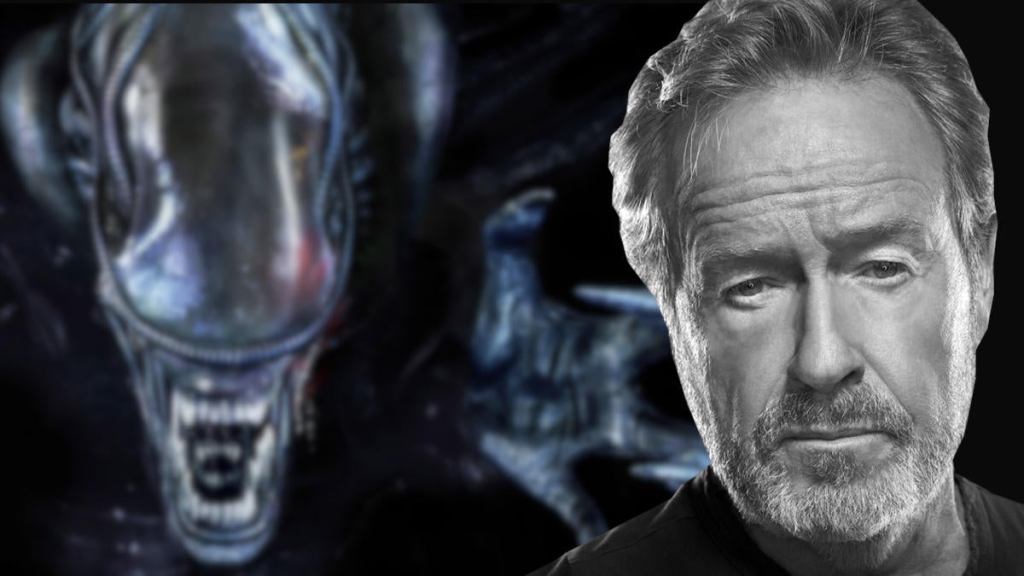
Going forward (literally and figuratively), it feels like only Ridley Scott knows the formula for making a “true” Alien film. And if nothing else, Scott needs at least one more shot at finishing the Prometheus Trilogy, to bring the story fully around to where Alien (1979) begins.
Alien: Romulus is now in theaters. The other Alien films are streaming on Disney+ and Hulu.




